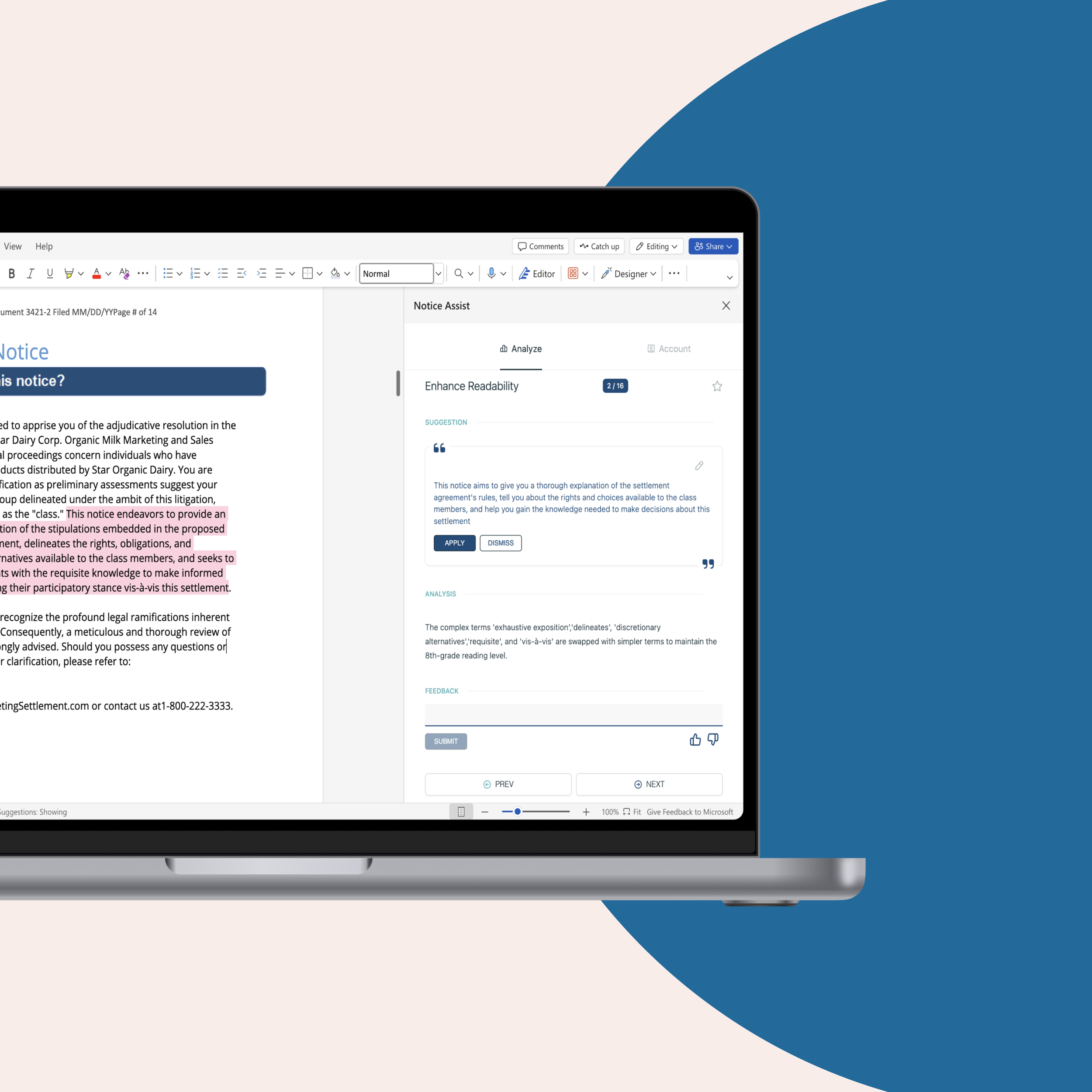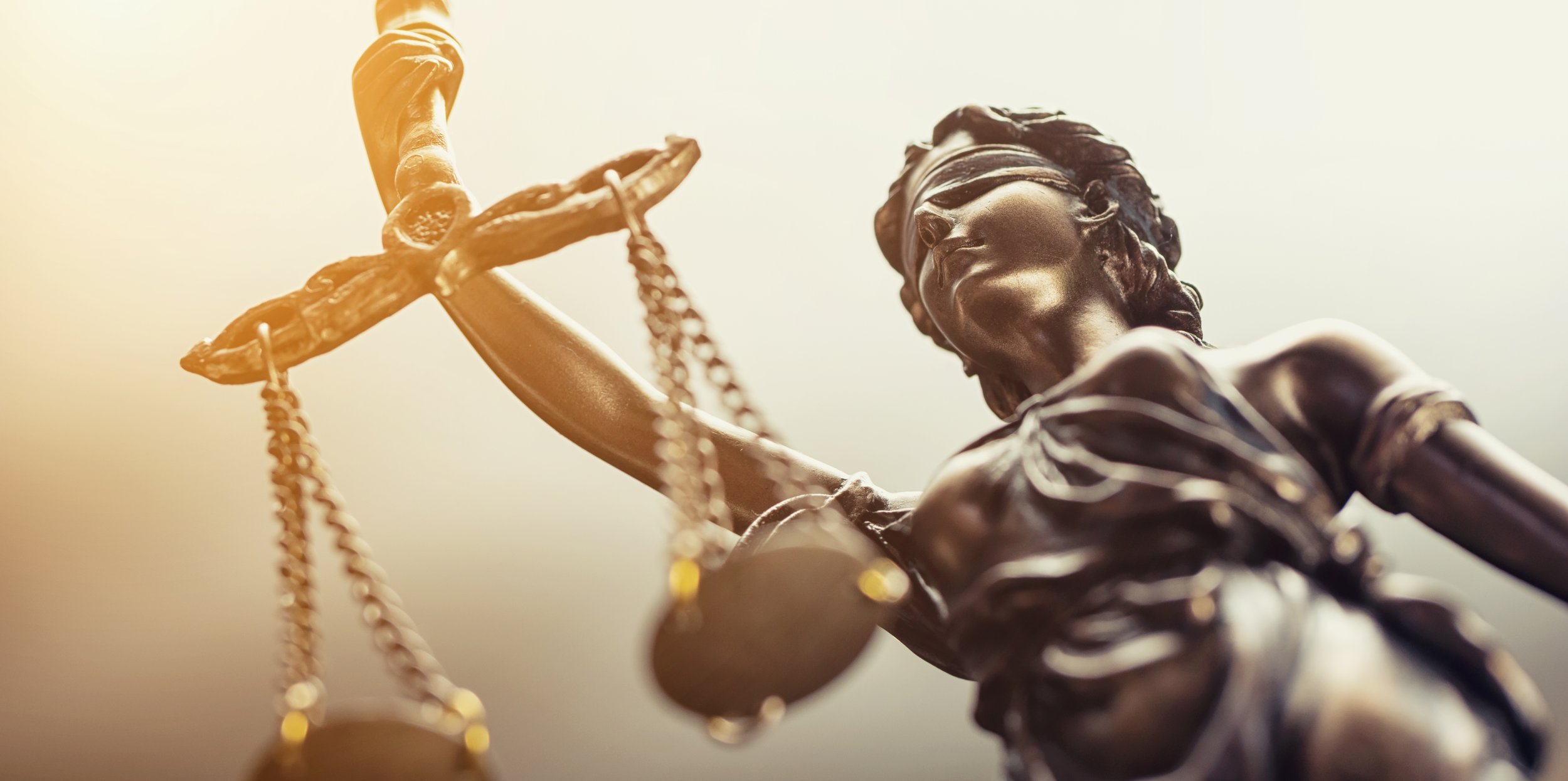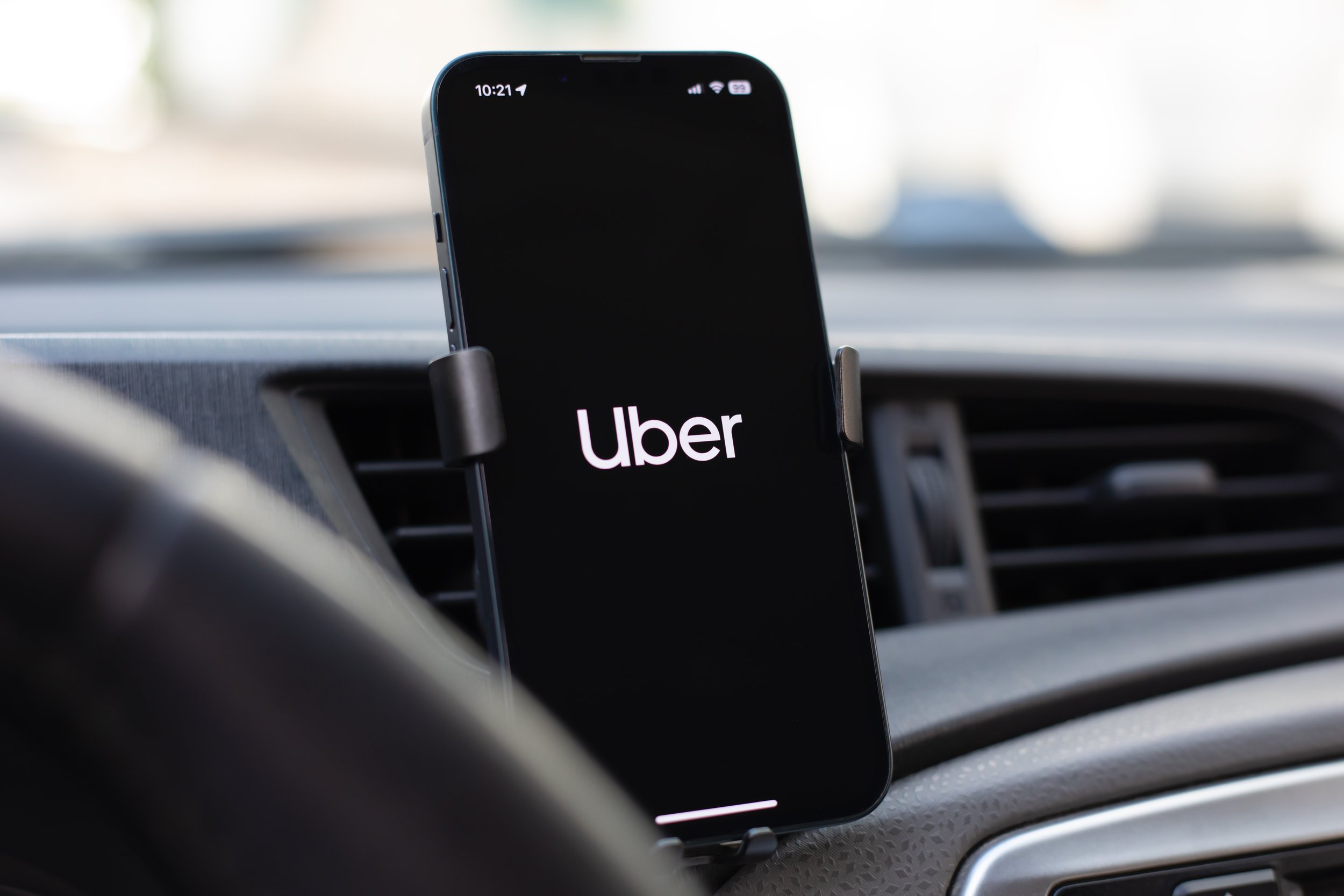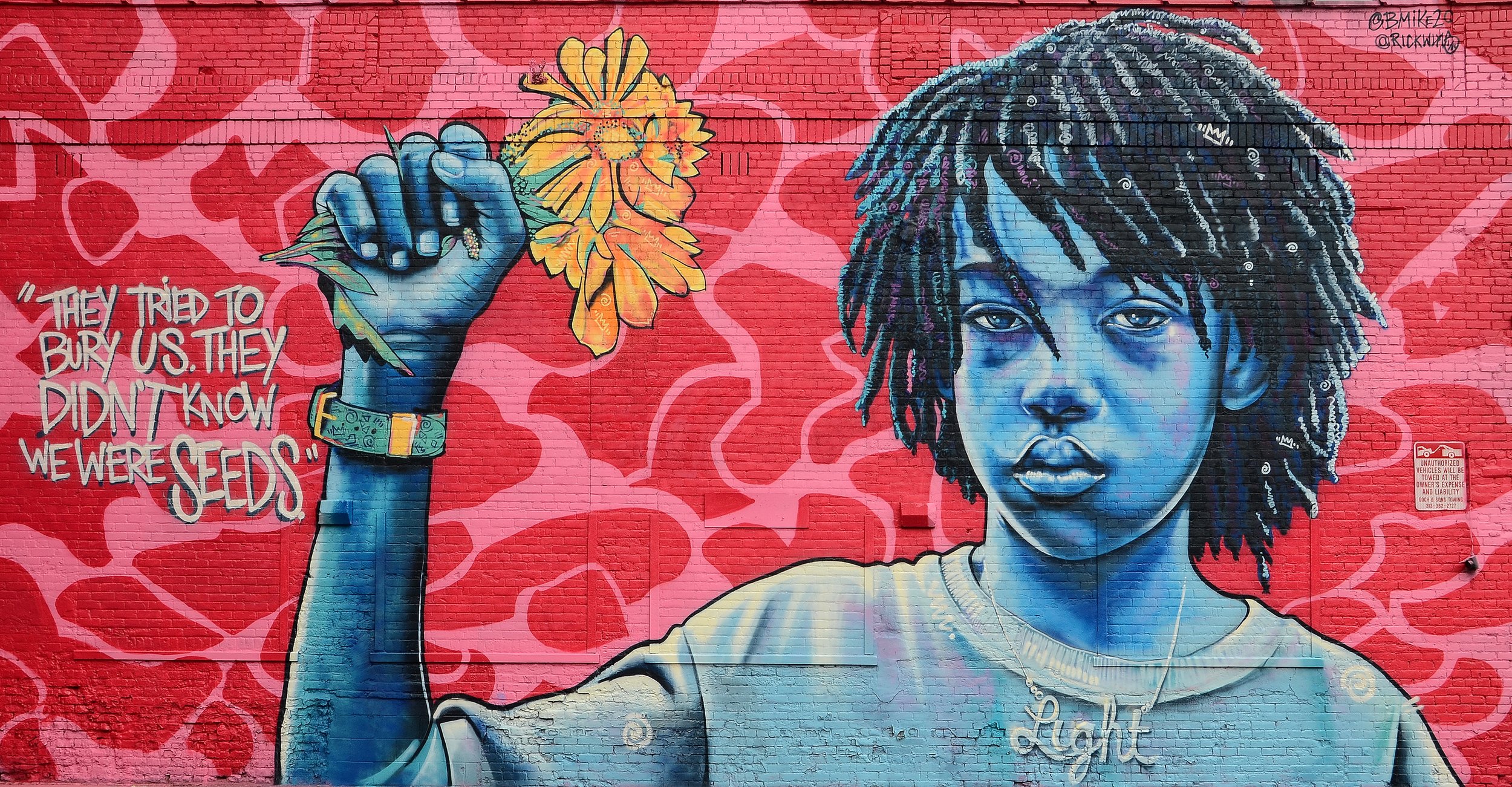Historic Ruling Upholds Rights of American Muslims
Glenn Katon
Legal Director
Muslim Advocates
Last month, we received a ruling from the U.S. Court of Appeals for the Third Circuit in the case Hassan et al v. The City of New York that created the first precedent to suggest that American Muslims should be free from suspicionless surveillance based solely upon their religion, notwithstanding government claims of national security. The District Court had dismissed our challenge to the New York City Police Department’s Muslim spying program, which the Court of Appeals overturned in spectacular fashion.
As a procedural matter, the court simply reversed the trial court’s dismissal for lack of standing and failure to state a claim, and allowed the case to go forward so the plaintiffs can prove the NYPD’s misconduct. However, the 59-page opinion goes well beyond the procedural standards at issue and is akin to a ruling that the NYPD’s spying on Muslims is unconstitutional, since the allegations of the religion-based surveillance come directly from the Department’s own documents.
The court used strong language to put the allegations of NYPD surveillance of Muslims in the historical context of other racial and religious groups that have been persecuted in the name of national security: Japanese Americans during World War II, Jews during the Red Scare, and African Americans during the civil rights movement.
Not long before I began as Legal Director at Muslim Advocates, the Associated Press broke a story of CIA operatives based at NYPD headquarters and officers infiltrating and “mapping” all aspects of Muslim life. The AP also released actual NYPD surveillance reports. These included precinct maps of every mosque, halal butcher, hookah bar, even Dunkin’ Donuts if it was thought Muslims could be found there. The NYPD also created spreadsheets showing infiltration of almost every Muslim Student Association at colleges across New York City. One NYPD report told of an undercover officer who accompanied MSA students on a rafting trip and noted the topics of conversation and the number of times the student prayed. All without any indication of wrongdoing. These operations were carried out not just in New York City, but throughout New York, New Jersey, Connecticut, and Pennsylvania. The AP series went on to win the Pulitzer Prize.
As a result of our institutional relationships and strategic considerations, we began working with Muslim communities in New Jersey that were included in NYPD reports. We surveyed the impact the spying had and discussed ways we might redress these violations of our most basic constitutional rights. We found a great group of potential plaintiffs representing the diversity of communities the NYPD has targeted. They included African American imams, a U.S. Army reservist, members of the Rutgers MSA, a halal butcher, school teacher, and others. We believed our best claims were under the Equal Protection Clause of the Fourteenth Amendment and the Religion Clauses of the First Amendment. Within a few short months, we filed the lawsuit in June 2012, and received generally positive media coverage. Soon thereafter, the Center for Constitutional Rights and Gibbons P.C. joined as co-counsel.
We decided to represent the plaintiffs individually rather than pursue a class action. Although there were benefits to the relief we could obtain as a class, trying to obtain class certification would present procedural challenges and likely delays. We had hoped to get to discovery as quickly as possible to expose more of the NYPD’s practices and secure a ruling that targeting Muslims for surveillance without suspicion of criminal activity is not permitted under the Constitution. The irony of that plan was that the City moved to dismiss and it took the District Court an entire year after the motion was fully briefed to issue a fairly cursory opinion dismissing the case. Another year and a half later, we received the Third Circuit’s reversal last month.
So we are back in the District Court, waiting for the City to file an Answer in December so we can begin discovery. Based upon the community mobilization, heightened awareness of the NYPD’s abuses, and strong language of the Third Circuit, we feel we have already achieved a measure of success. We hope to accomplish far more by obtaining an injunction that prevents the NYPD from spying on our clients absent evidence that they have actually done something wrong. That relief would protect their privacy, their freedom to practice their religion, and establish a precedent that would benefit not just American Muslims but Americans of all faiths.












